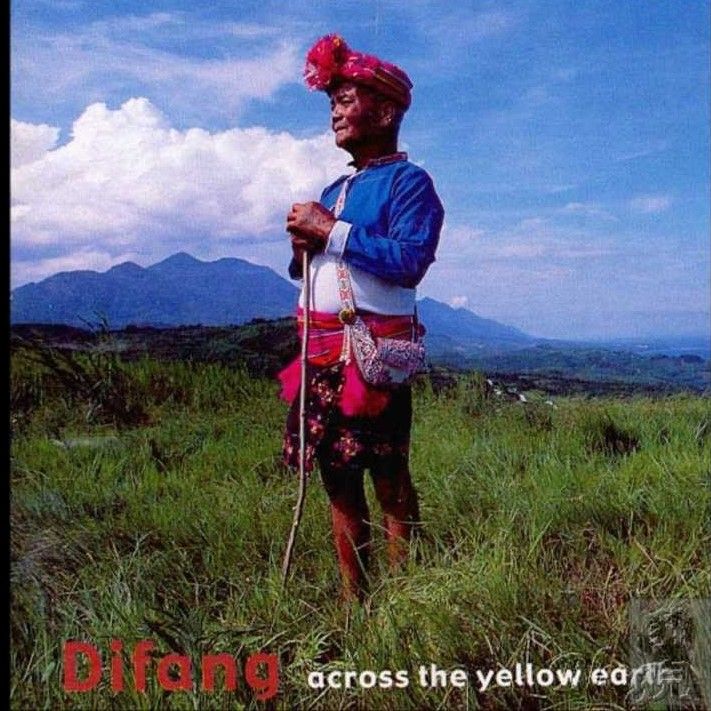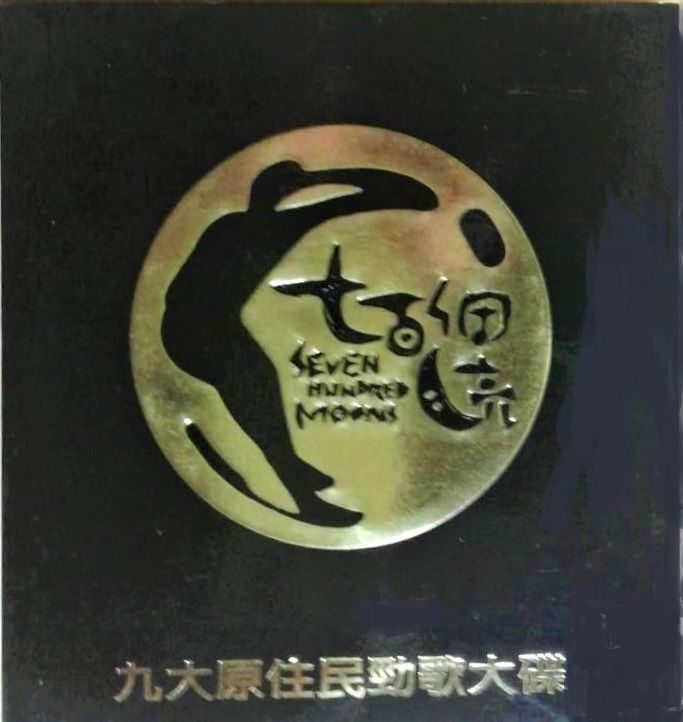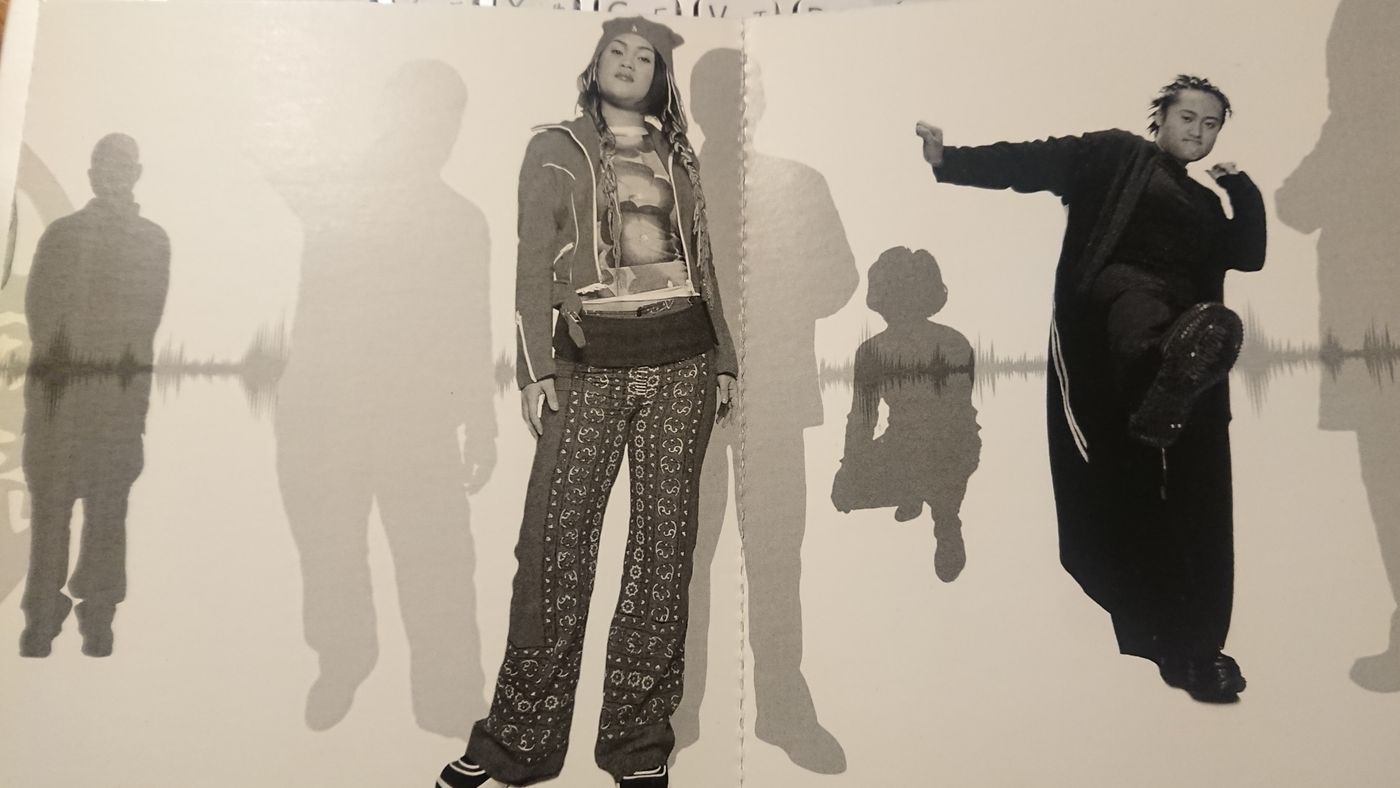[Community Call for Papers] Matt City Amway Conference - An Aria of Life and Soul: Traditional Songs of Taiwan's Aboriginal People
foreword
Although this article was written after the deadline for the essay call, I personally would like to recommend to all my friends to learn more about Taiwan's native culture and music. Although I am a Taiwanese Hokkien Han who speaks Hokkien, I have been addicted to aboriginal myths and traditional songs for a period of time. Although it is one of my interests, this leisure hobby makes me lucky that it is still used as a The 102-year (2013) Chinese-speaking tour guide exam, which indicated a large number of local aboriginal cultural topics, successfully became one of only 3% of those who passed the exam that year. This article mainly describes the past of personal contact with Taiwan aboriginal folk music and introduces the aboriginal music works that I recommend.
End-of-the-century music boom
At the end of the last century, from 1995 to the beginning of the 21st century, there was a period of time when New Century music was quite popular. The style of New Century music was changeable. It was often seen that it was mixed with folk songs, traditional instrumental music, natural environment sounds, and electronic equipment. Matthew Lane in Switzerland, Bandari Orchestra in Switzerland, Yanni in Greece, Enya in Scotland, Kitaro in Japan, Zhu Zheqin in China, Yangjin Ram in Tibet, Tengger in Mongolia, etc. Music works are very refreshing, and they are all musicians I like very much.
What about Taiwan? Many people know that Taiwanese singers such as Hu Defu, Zhang Huimei, Zhang Yusheng, Power Train, Shen Wencheng and other stars have aboriginal blood, and their blood is full of vitality and soul. However, the rise of local awareness in the Taiwanese music circle actually only gradually emerged at the end of the 20th century, near the millennium.
The beginning of being seen by the world
In 1996, the song "Returning to Nature" by the European New Century Music Orchestra "Mystery" became the promotional song for the Summer Olympic Games. It used the "Old Man Drinking Song" recorded in France in 1988 by Grandpa Guo Yingnan of the Malan tribe in Taitung when he went abroad to perform. Part of the original sound, copyright disputes have made Taiwanese aboriginal traditional songs leap to the world stage for the world to know.
After the dispute over the Olympics' propaganda song and the reconstruction of the 921 earthquake, the sorting of local traditional songs continued, and the singing of traditional songs gradually became popular. Local music brands such as Flying Fish and Clouded Leopard, Wildfire Music Collection, etc. we know now are all born from this. The songs of local ethnic groups were previously classified in the unpopular folk music field. After that, we began to see that Taiwanese original folk songs began to appear widely in Taiwan's music market after being commercialized and packaged and sorted out.

In 1998, Guo Yingnan's grandpa and Malan's singing team released the album " The Ring of Life " (vinyl LP was republished in 2018) and " Across the Yellow Earth ". Unprecedented success and attention overseas. But at this time, Chinese music was still the mainstream in the Taiwan market, so some people began to fill in Chinese lyrics to traditional songs to enter the Chinese mainstream market.
Traditional ballads enter the pop music market

In 1999, Mr. Xu Changde of Shanghai Records released the compilation album "Seven Hundred Moons", which took two years of tribal field tune. It became popular all over the streets and alleys in an instant, and the traditional songs of aboriginal people also opened up a new world for the Taiwan pop record market. (I still think the ad is very cute when I watch it again.) In addition, the Tsou song "Bingshan Beauty" in the compilation is the early singing work of "Hao En's Family", which won the Best Duo Group Award at the Golden Melody Awards in 2006. (The photos of the uncle and nephew in the album are really tender!)

Today, local cultural awareness is on the rise, and many young people have returned to their hometowns and started to use their native language, reinterpreting the tribal culture and exporting it to the general public, and even more and more content that is no longer translated from Chinese, and It provides a first-hand view of cultural content with original music, films, literature, images, and historical records, thereby building a bridge to communicate with aboriginal people in other countries overseas.
The original folk music developed in the past ten years has both popular and traditional, the arrangement and production have reached the international level, and there are many amazing masterpieces. Close your eyes and listen attentively, you can really appreciate the music that can cross cultural, ethnic, language barriers and shake the heart. I sincerely recommend that you enjoy it carefully.
A life chant that goes straight to the heart
Finally, let me introduce my favorite aboriginal singers. Because this article recommends traditional songs, only the list of singers who have released albums in their native language is listed:
- Schumien (Ami):
- Sambuyi (Peinan): 2019TIFA became the first primitive singer to perform a solo concert in the two halls of the country
- Abang (Paiwan tribe):
- Wang Hongen (Bunun):
- Lin Guangcai (Paiwan ethnic group)
- Dai Xiaojun (Paiwan tribe)
- Wu Haoen (Peinan nationality)
- Reese (Paiwan tribe)
- Eli. Gao Lu (Ami):
【Business Services】Want to see more? Go from here!
- 🔰 Article Index 👉 Joyce's Artistic Life Walk
- 📘 Facebook Page 👉 Joyce's Art Life Walk Fan Page
- 👏 Support tipping 👉 https://liker.land/joycew0719/civic
- 🐘 Mammoth 👉 https://liker.social/@joycew719
Like my work? Don't forget to support and clap, let me know that you are with me on the road of creation. Keep this enthusiasm together!













- Author
- More